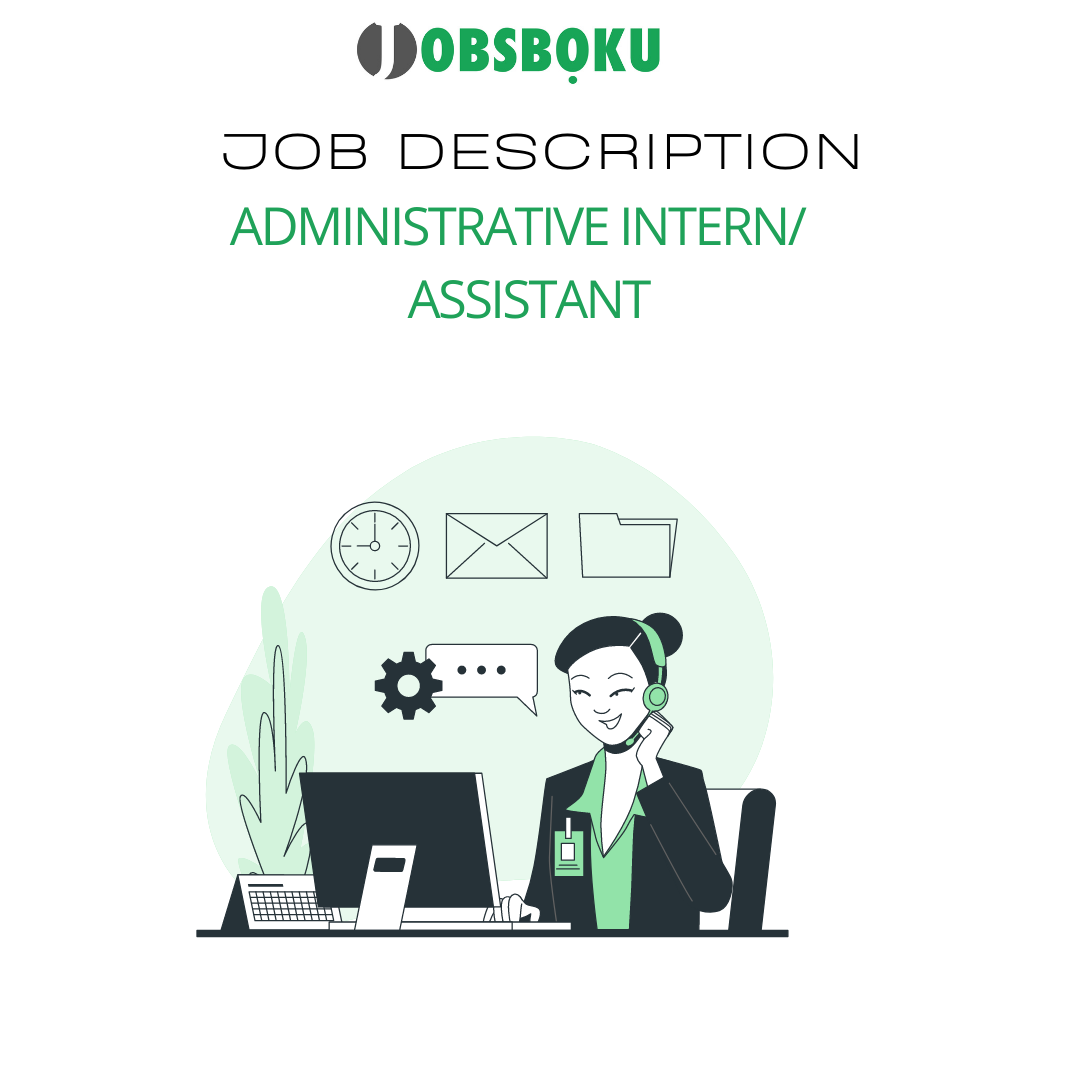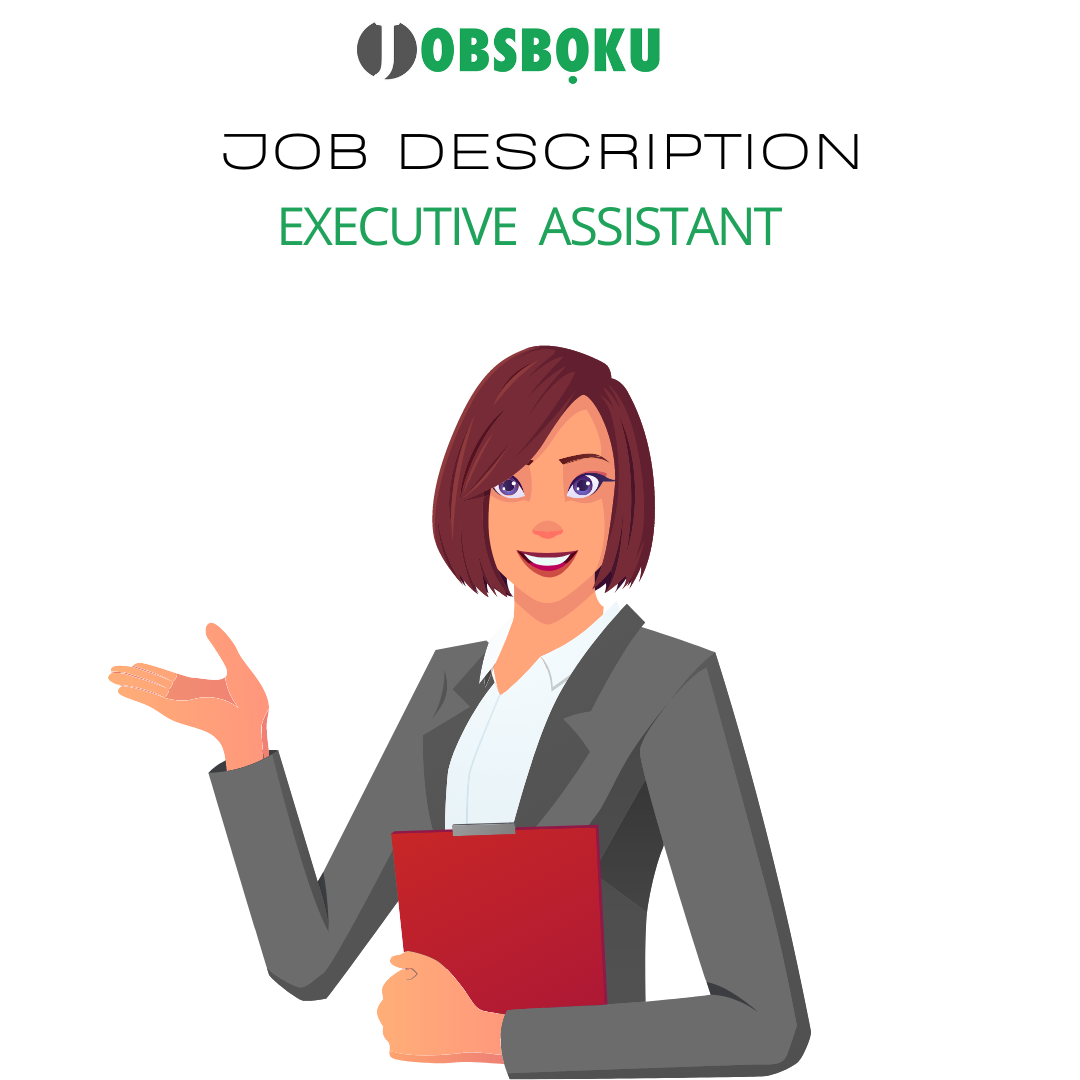How to Prepare for an Interview

Preparing for a job
interview is one of the phases of hunting for a job, which puts applicants and
candidates on edge. While some might claim to have mastered the art of scaling
job interviews, a larger percentage of job seekers, especially fresh graduates,
get jittery when invited for interviews. The reason? They do not know how to
prepare for a job interview.Your interview preparation
strategy can be the difference between impressing your interviewer and getting
your CV tossed into the trash right after the interview. A job interview is a conversation
between a prospective employee and employer that helps the latter make a
decision on hiring the interviewee or not.
Over the years, technology
has enabled organisations to conduct less of face-to-face interviews. However,
regardless of what type of interview you are attending, the rules are largely
similar. Your ultimate goal should be to impress and convince the employer that
you are the right person for the job.
Here is a list of things you need to do to
ace your next interview.
vCarefully pore over the job description
When
preparing for an interview, you should use the employer’s posted job
description as a guide. The job description is a list of the qualifications,
qualities and background the employer is looking for in an ideal candidate. The
more you can align yourself with these details, the more the employer will be
able to see that you are qualified. Which may also give you ideas about
questions the employer may ask throughout the interview. Before your
interview, you should have a good understanding of why you want the job and why
you’re qualified. You should be prepared to explain your interest in the
opportunity and why you’re the best person for the role.
vResearch on the company and role
Researching
the company you’re applying to is an important part of preparing for an
interview. Not only will it help provide context for your interview
conversations, but it will also help you when preparing thoughtful questions
for your interviewers.
Researching the company
and role as much as possible will give you an edge over other applicant. Not
only that, but fully preparing for an interview will help you remain calm so
that you can be at your best Always ensure that research is conducted on the
following about the company.
vResearch on the product or service
Even if the role isn't
directly related to the company's product or service, you're still looking to
be part of the team. It's important to learn all you can about the product or
service the company produces and promotes. You don't necessarily need to
understand each and every detail, especially if it's a technical product, and
you're interviewing for a non-technical position, but you should have a basic
understanding of the main products or services the company offers.
If possible, request a
sample of the product to familiarize yourself with the customer’s perspective.
The more you can tell them about the product from both a company and customer
standpoint, the better you'll perform in your interview.
vResearch
on the Role
It's important to read
the job description carefully and make sure that you understand all the
requirements and responsibilities that go along with it. This will not only
prepare you with thoughtful, targeted questions about the position during the
interview, but it will ensure that you're truly qualified and prepared to
tackle the responsibilities if you get the job.
If possible, research
similar positions and read reviews from individuals in those positions, so you
can get an idea of what the day-to-day activities will be. During the
interview, ask for clarification or details about the role, so you can be sure
you're ready should you receive a job offer. Researching the role before an
interview will also help you to decide whether or not the position is right for
you.
vResearch
on the Company Culture
Modern companies
usually have social media accounts and blogs that discuss their company culture
and industry. This information can give you an impression of the tone and
personality of the company, as well as what they value. No matter how good a
job seems, it's important that you fit within the company culture and share a
similar personality and values.
If you have questions
about the workplace environment, culture, personality or values, be sure to ask
during the interview. These questions can range from the software and tools
used by the company, to their policies on vacation and sick time. Remember that
the interview is just as much about you finding a good fit for your own work
environment as it is about the company finding a good fit for the role. Knowing
that your values align with the company ensures a happy professional life. This
is also the perfect opportunity to find out more about the company and show the
interviewer how you'll fit.
vAlways think of what to wear:
before
choosing an interview outfit, ascertain how formal their workplace is through
research. If you’ve checked the company website and social media pages but
still can’t determine the dress pattern, try calling the company’s HR
department. Explain that you have an upcoming interview and would like to know
the appropriate dress code.
It’s
also a good idea to consider the role and industry. If you’re interviewing for
a corporate position in finance or law, for example, wear formal business
attire. For men, this means a matching suit and tie. For women, it means a
tailored dress, pantsuit or skirt suit. However, for less formal positions and
workplaces, business casual is almost always the best option.
vGet ready to follow up after the interview
After
your interview, you should prepare to follow up with the employer. Doing so
reminds the employer of your conversation, shows them you are genuinely
interested in the position and gives you the opportunity to bring up points you
forgot to mention.
Here
are a few steps you can follow when crafting a follow-up note:
- In the first paragraph, mention the specific job title and thank your interviewer.
- In the second paragraph, note the company’s name as well as a conversation
point and/or goal that seemed especially important to the person you spoke
with. Connect that point to your experience and interests. - In the final paragraph, invite them to ask you any additional questions and
close by saying you’re looking forward to hearing back.


